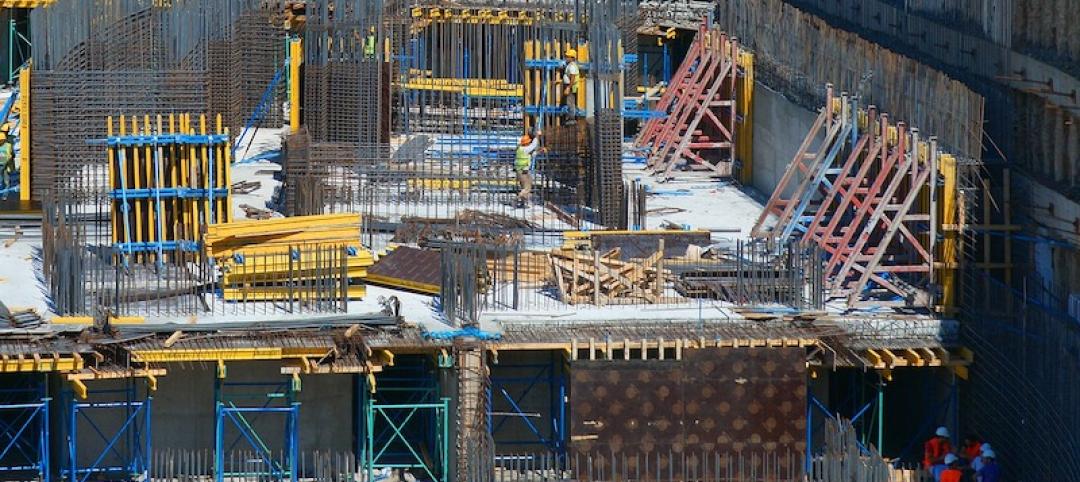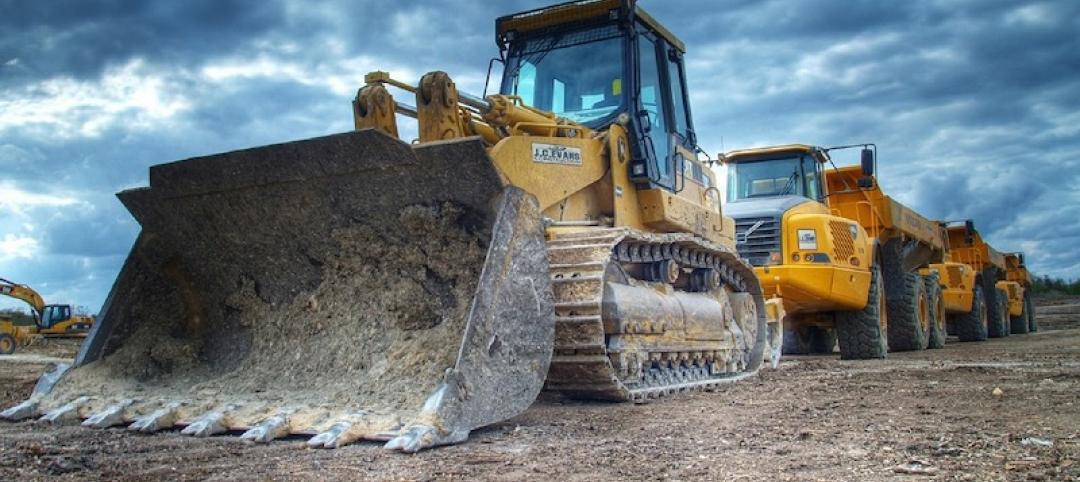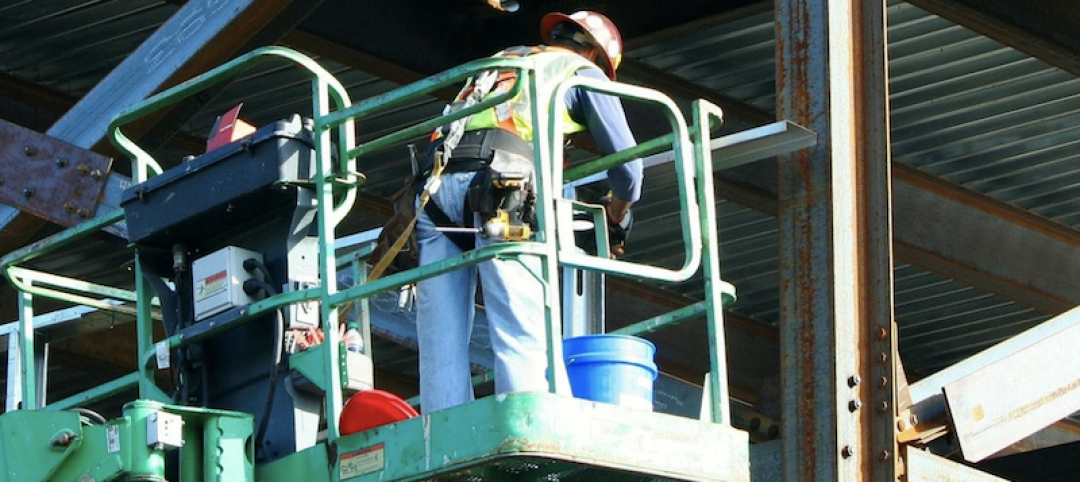As local and state governments are beginning a phased reopening of their economies, the International Code Council has compiled a guide of safety precautions and considerations for businesses looking to resume in-office activities. Acting as an aggregate information hub, the Code Council’s Coronavirus Response Center offers relevant information for building professionals and potential occupants to understand the impact the pandemic has had on the industry, as well as for companies who are currently creating plans and strategies to move back into their offices.
Ahead of reopening efforts, the Code Council has made it a priority to educate businesses, office managers and building safety professionals on an important but often-overlooked safety precaution – preparing an office building for re-occupancy. With many buildings reducing or turning off normal system operations during stay-at-home orders, it is critical to properly inspect and prepare a vacant building ahead of resuming regular activities. Without proper preparation and maintenance, the building may pose unrealized hazards to incoming occupants, whether from a heating, ventilation, and air conditioning (HVAC) or plumbing system to a powerless carbon monoxide detector.
Due to the wide range of aspects necessary for reopening a previously unoccupied building, the Code Council’s Coronavirus Response Center covers topics include:
- Addressing any temporary changes needed to building access and exit patterns to accommodate temporary reopening protocols such as employee health screenings, disposal of PPE, or any areas specifically designated for decontamination.
- Visually inspecting and testing the operation of building entrances and exits including doors, revolving doors, and garage doors for proper operation and ensure they are free from obstructions.
- If a building’s water distribution system has been shut down or seen reduced flow, flushing the pipe system with clean, potable water to remove any unwanted debris.
- Facilitating adequate physical distancing protocols, and considerations for revising maximum occupant loads for all buildings and spaces to accommodate 75 gross SF/occupant.
- Closing common areas where personnel are likely to congregate and interact or enforcing strict physical distancing protocols.
- Guidance on disinfecting communal areas from FEMA and the CDC
“COVID-19 has had an unprecedented impact on our society, both economically and socially. As we continue to learn to navigate the new normal and discover what that actually entails, having easy access to information on topics like how to properly prepare a vacant building for reoccupation is crucial, especially during reopening efforts,” said Dominic Sims, CBO and CEO, International Code Council.
Access to the Code Council’s Coronavirus Response Center can be found here, while the full list of tips and considerations for reopening buildings can be found here.
Related Stories
Market Data | Jun 16, 2021
Construction input prices rise 4.6% in May; softwood lumber prices up 154% from a year ago
Construction input prices are 24.3% higher than a year ago, while nonresidential construction input prices increased 23.9% over that span.
Market Data | Jun 16, 2021
Producer prices for construction materials and services jump 24% over 12 months
The 24.3% increase in prices for materials used in construction from May 2020 to last month was nearly twice as great as in any previous year
Market Data | Jun 15, 2021
ABC’s Construction Backlog inches higher in May
Materials and labor shortages suppress contractor confidence.
Market Data | Jun 11, 2021
The countries with the most green buildings
As the country that set up the LEED initiative, the US is a natural leader in constructing green buildings.
Market Data | Jun 7, 2021
Construction employment slips by 20,000 in May
Seasonally adjusted construction employment in May totaled 7,423,000.
Market Data | Jun 2, 2021
Construction employment in April lags pre-covid February 2020 level in 107 metro areas
Houston-The Woodlands-Sugar Land and Odessa, Texas have worst 14-month construction job losses.
Market Data | Jun 1, 2021
Nonresidential construction spending decreases 0.5% in April
Spending was down on a monthly basis in nine of 16 nonresidential subcategories.
Market Data | Jun 1, 2021
Nonresidential construction outlays drop in April to two-year low
Public and private work declines amid supply-chain woes, soaring costs.
Market Data | May 24, 2021
Construction employment in April remains below pre-pandemic peak in 36 states and D.C.
Texas and Louisiana have worst job losses since February 2020, while Utah and Idaho are the top gainers.
Market Data | May 19, 2021
Design activity strongly increases
Demand signals construction is recovering.

















